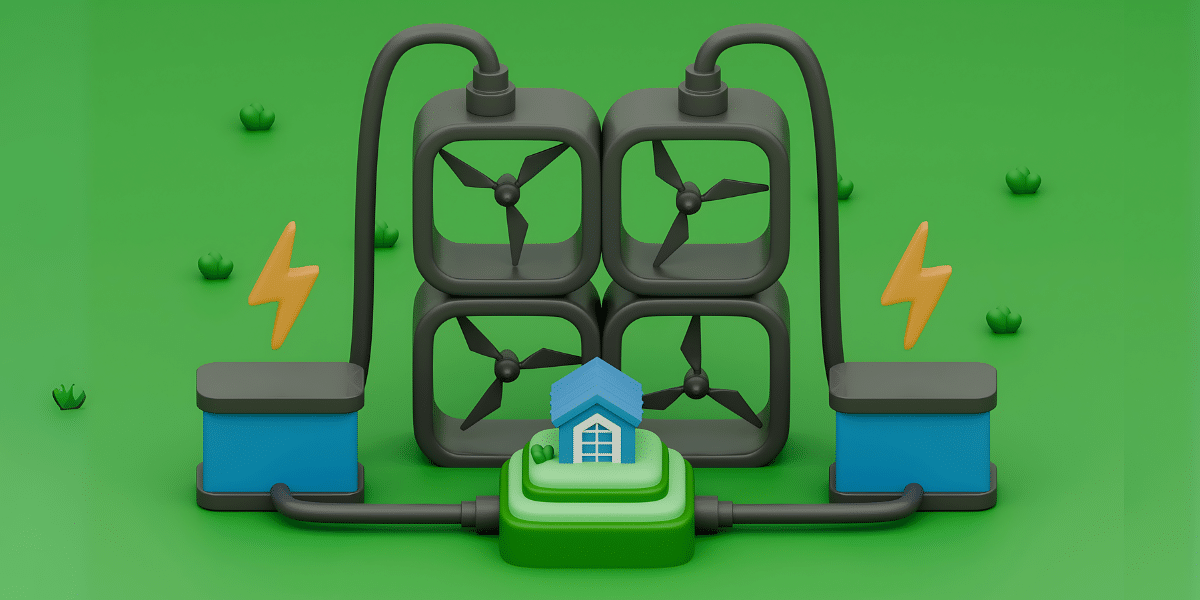Remember the iconic image of a grease-stained mechanic tinkering with a car engine, their brow furrowed in concentration as they diagnose a mysterious engine knock? Well, buckle up, because the mechanic profession is facing a potential overhaul in the face of the electric vehicle (EV) revolution.
With fewer moving parts and a simpler design, some wonder if EVs will spell the end of the classic mechanic as we know them. But fear not, gearheads! While the mechanic role might evolve, it’s not going anywhere just yet.
From Car Whisperers to Battery Buddies: The Changing Landscape
Let’s face it, EVs are a different breed. They boast a significantly lower number of moving parts compared to traditional gasoline-powered vehicles. A recent report by McKinsey & Company estimates that EVs have about 200 moving parts compared to the 2,000 found in a typical combustion engine. This translates to less wear and tear, and potentially fewer repairs for mechanics.
But hold on a minute. While EVs might require less tinkering under the hood, they introduce a whole new set of complexities. High-voltage battery systems, electric motors, and sophisticated computer software are all crucial components of an EV. This means mechanics will need to upskill themselves to diagnose and repair these new technologies.
Think of them as becoming mechanic-electricians, with a deep understanding of both the mechanical and electrical aspects of these vehicles. They’ll be the guardians of the intricate dance between electrons and electromagnetism that keeps EVs humming along the road.
The Future of the Fix: New Skills for a New Age
So, what does this future hold for mechanics? The good news is that the demand for skilled technicians is likely to remain strong. A study by Frost & Sullivan predicts that the global electric vehicle service technician workforce will need to grow by a whopping 1.2 million by 2030. The mechanics of tomorrow will need to be well-versed in areas like:
- High-voltage battery systems: Understanding battery health, degradation, and potential safety hazards will be crucial. They’ll become the battery whisperers, adept at interpreting the language of voltage readings and cell balancing to ensure optimal performance and longevity.
- Electric motor diagnostics: Troubleshooting electrical faults and ensuring optimal performance will be key skills. Mechanics will trade their stethoscopes for diagnostic software, learning to read the digital heartbeat of the electric motor and identify any abnormalities.
- Software expertise: EVs rely heavily on sophisticated software for various functions, from battery management to driver assistance systems. Mechanics will need to be comfortable working with diagnostic tools and software updates, becoming tech-savvy troubleshooters in the digital age of automobiles.
Beyond the Wrench: The Evolving Role of Mechanics
The mechanic role might not just be about fixing broken parts anymore. As EVs become more prevalent, preventative maintenance will become even more important. Mechanics can evolve into trusted advisors, educating car owners on battery care, charging habits, and maximizing the lifespan of their EVs. Think of them as mechanic-consultants, offering a holistic approach to EV ownership. They’ll be the pit crew of the future, ensuring peak performance and a smooth ride through educating drivers on the nuances of electric vehicles.
The future of the mechanic profession might also involve working alongside robots and other forms of automation. Imagine a world where robots handle the repetitive tasks like tire rotations and brake pad replacements, freeing up mechanics to focus on more complex diagnostics and repairs that require human expertise and critical thinking. This collaboration could lead to a more efficient and streamlined service experience for EV owners, with robots taking care of the routine while mechanics tackle the challenging.
The Final Gear Shift: Adapting and Thriving
The future of the mechanic profession is one of adaptation and evolution. While the days of solely relying on a wrench and a good ear might be fading, the need for skilled technicians will remain.
By embracing new technologies, upskilling their knowledge base, and evolving their service offerings, mechanics can ensure they remain vital players in the ever-changing automotive landscape. The mechanic of tomorrow might look different, but their role in keeping our vehicles running smoothly, whether electric or gas-powered, will continue to be essential.
So, gearheads, don’t despair. The future of the mechanic profession is bright, just with a few more watts and a whole lot less engine oil. They’ll be the mechanics of a new era, wielding diagnostic tools and wielding a newfound respect for the quiet whir of an electric motor instead of the rumbling roar of a combustion engine.
The transition won’t be without its challenges. There will be a period of adjustment for both mechanics and car owners alike. Mechanics will need to invest in new training and equipment to stay ahead of the curve. Car owners accustomed to popping the hood and tinkering themselves might need to develop a trust in the new breed of mechanics.
But with the right approach, this transition can be a positive one. Educational programs can be developed to equip mechanics with the necessary skills to service EVs. Car manufacturers can create user-friendly resources to help owners understand the basics of EV maintenance. Collaborative partnerships between mechanics, dealerships, and EV manufacturers can foster a smooth transition for everyone involved.
Ultimately, the future of the mechanic profession in the EV era is one of opportunity. It’s a chance to embrace new technologies, develop new skillsets, and become even more valuable to the automotive industry. The mechanics who are willing to learn, adapt, and evolve will be the ones who continue to thrive in the exciting world of electric vehicles.
So, the next time you see a mechanic working on an EV, don’t think of it as the end of an era. Think of it as the beginning of a new chapter, a chapter where mechanics remain the guardians of mobility, ensuring a smooth ride – whether powered by gasoline or by the silent surge of electricity.






